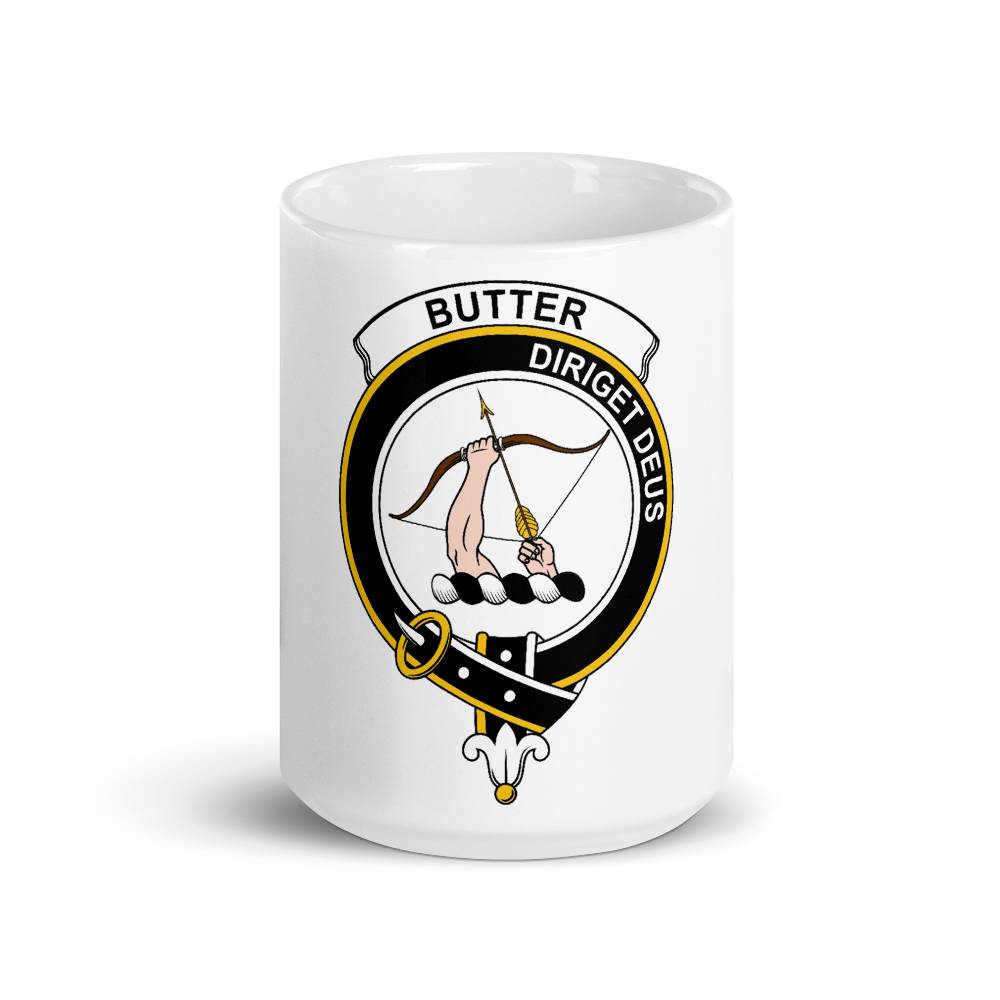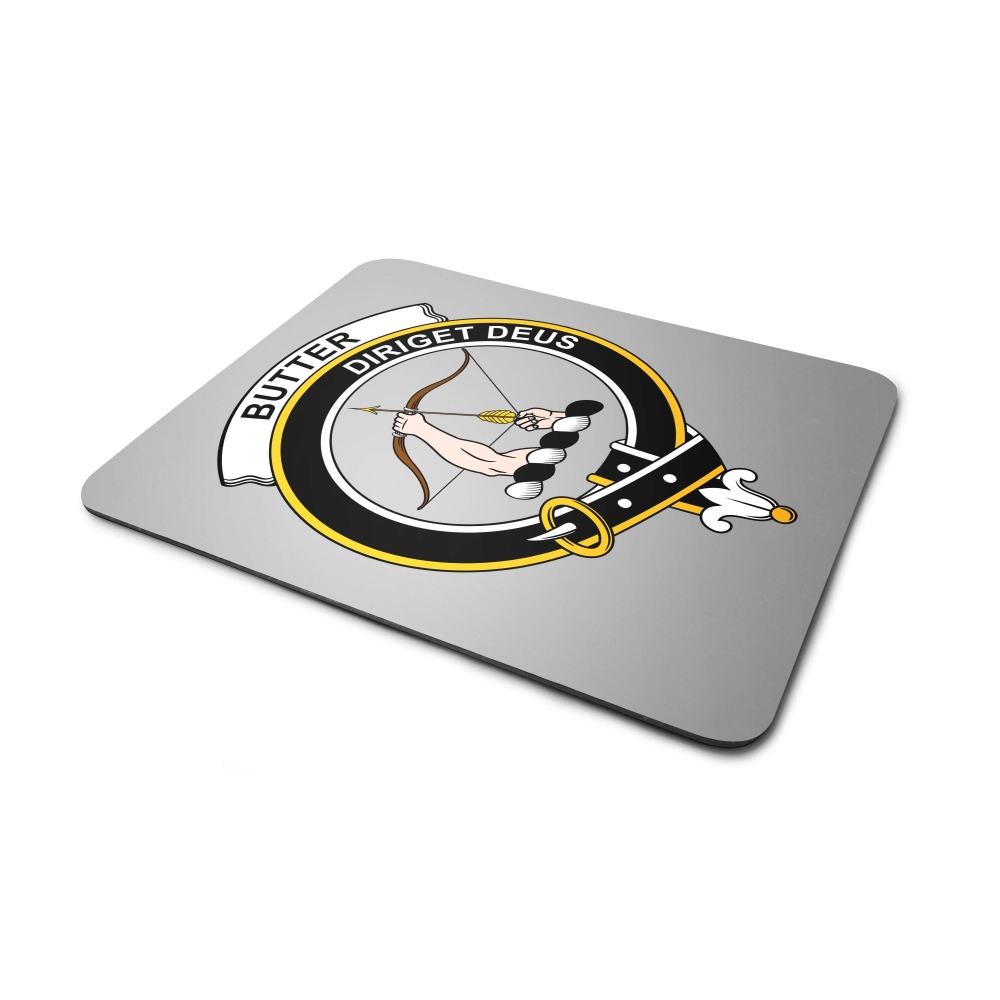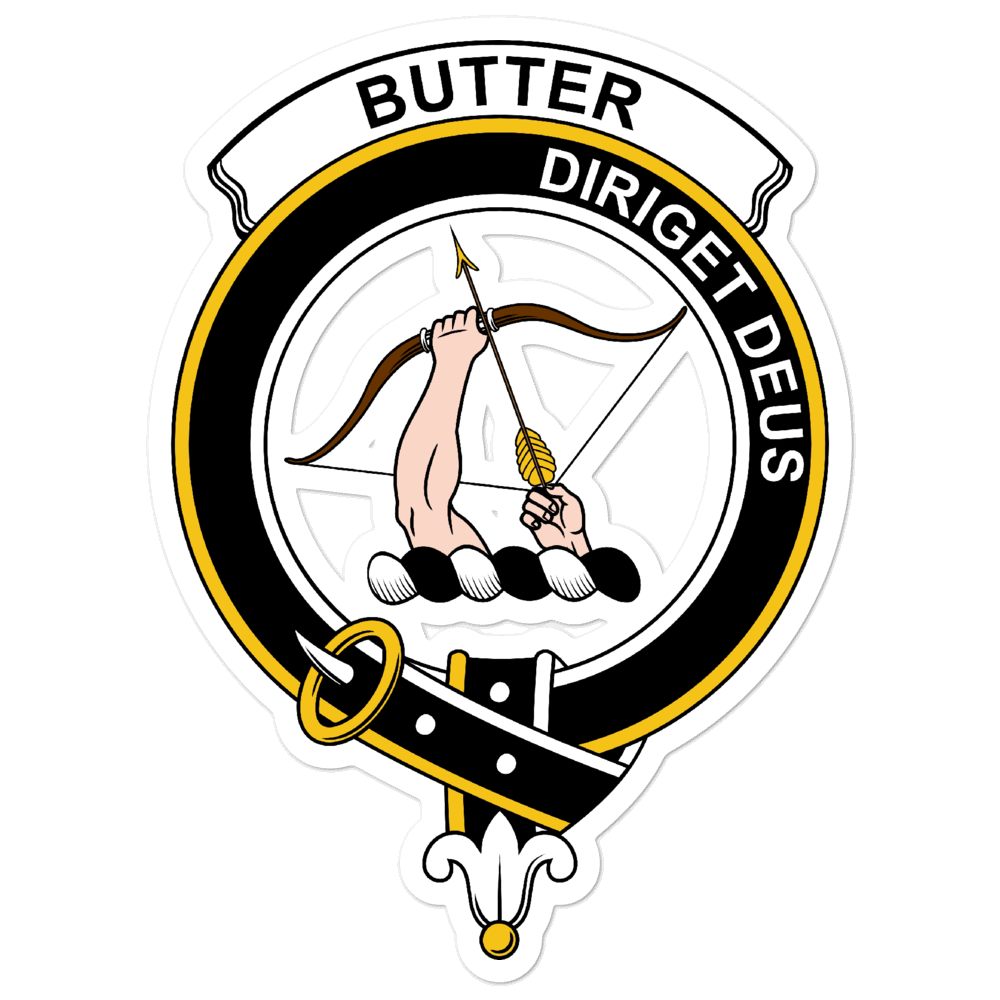The Buttar surname, sometimes spelled as Butter, has historical roots in Fife and Perthshire, with potential connections to the old name Buttercask, associated with a village in the parish of Ardoch.
In Perthshire, the Butter family was prominent in Pitlochry, holding lands in Fascally. The Butters of Gormock were another ancient family in the same county. Records dating back to the 14th and 15th centuries mention individuals with the surname Butir and Butyr, indicating the early presence of the family in the region.
In 1331, there is a record of the escheat of Adam Butir, and in 1360, William Butyr and Patrick Butirr were mentioned as collectors of contributions in Gowrie. James Buttir, a fisherman, received an ox-hide for making his currach in 1511, showcasing the family’s diverse occupations.
The Buttar surname appears in various historical documents, including Acts of Parliament, Laing’s Charters, and a charter of the lordship of Swinton dated 1656. Additionally, Butterlaw Loche, Butterlaw Syke, and Butterlaw Cairne are named in the same charter.
The frequent occurrence of the Buttar name in the records of the Diocese and Presbytery of Dunkeld, as well as its association with Dunkeld Cathedral, highlights the family’s presence and influence in ecclesiastical matters.
Furthermore, the name extends beyond Perthshire, with the Butter Road in Kincardineshire being an old drovers road across the Ochils. The name Butter Road derives from the Gaelic term ‘bothar,’ meaning ‘a road for cattle,’ underscoring the historical connection to cattle droving.
The Buttar family’s history is woven into the fabric of Scottish localities, reflecting their roles in various occupations, contributions to community life, and connections to the landscape.




